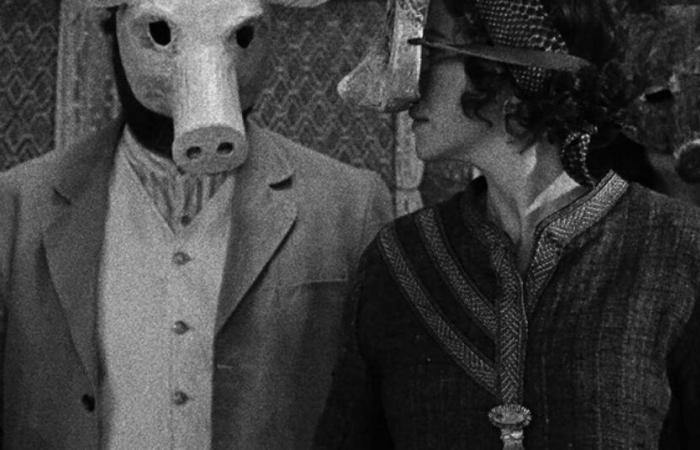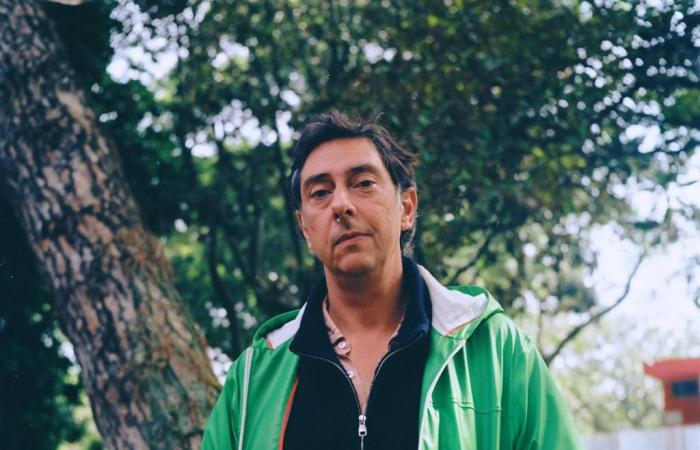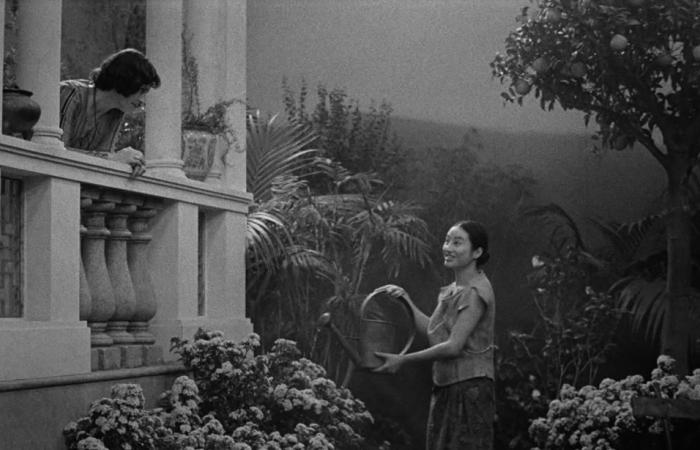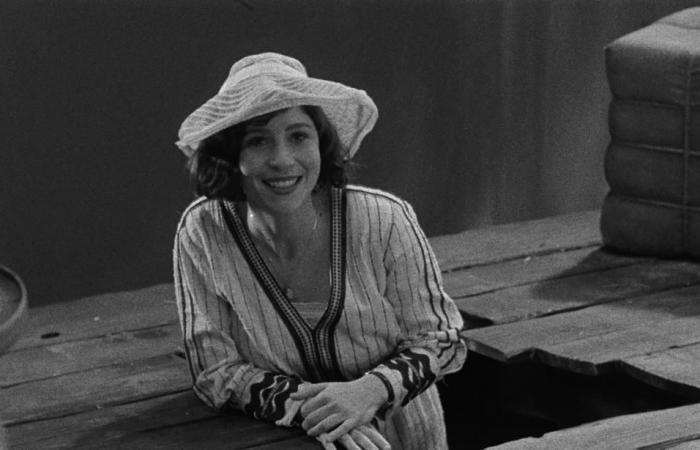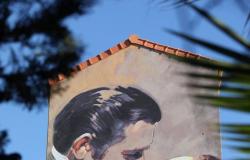If there was a polka dot jersey for cinema adventurers, Miguel Gomes would have a whole collection. The Portuguese image magician looks back on his surprising Grand Tour. “ A film does not exist on its own, it only comes to life when it provokes a reaction in the viewer. »
Maybe out of panic fear of commitmentan irrational fear or compassion for his future wife? Regardless, Edward, an official of the British Empire, decides to take flight on the day of his wedding, leaving Burma in 1917. Molly, his fiancée, takes the situation with humor and sets off in pursuit, in an adventure which, although not leading to the altar, takes him to Vietnam, in the Philippines, Japan, China and Tibet. This could be the plot of a romantic comedybut it’s actually the pitch of one of the art house films the most inventive of recent years: Grand Tour.
Moreover, the Cannes Film Festival was seduced by the poetry that links modern urban scenes and nostalgic black and white paintings recreated in the studio. Miguel Gomes was crowned there best directorconfirming what moviegoers already knew for a long time: the Portuguese master of images, revealed in 2012 with his colonial dream Taboois one of the most unique voices in European auteur cinema.
“The idea of Grand Tour came to me when I was myself about to get married« , explains Gomes with a smile. It’s a big decision and, in some ways, a scary one. At the same time, I was fascinated by The Gentleman in the Parloura book in which William Somerset Maugham relates in detail his travels in the Orient. It is not limited to describing places, temples or markets. He also talks about the people he meets. And suddenly two pages are devoted to a British man in Burma who panicked when his fiancée came from London to get married, and fled. She then set off in pursuit. This looks like a joke about cowardly men and stubborn women, but the idea of a bride abandoning her world and a groom running away from his bride sparked my imagination. I didn’t need anything more to build my story. »
Miguel Gomes did indeed get married and dedicated Grand Tour to his wife. Faithful to his originality, he invited his screenwriters to accompany him on a long journey in Southeast Asiawhile its actors have never left Portugal. “ In cinema, there are two extremes: documentary work and work in the studio or in Hollywood. Lumière or Méliès. Robert Flaherty or Josef von Sternberg. I want both. I want to allow the viewer to travel between documentary and imagination, and vice versa. »

During his grand tour of Southeast Asia, Gomes collected images and sounds that he could integrate into his film. But its actors were filmed on specially designed sets in a Portuguese studio. “ We shot everything in the studio. We created our own parallel world there, a sort of false Asia of 1918. I think that modern cinema spend too much money and effort to convince the viewer that they are watching a real historical reenactment. I don’t see this as a necessity. At the beginning of the 20th century, the viewer had no problem believing in the world that a film presented to him, even if that world sometimes seemed unreal. This seems much healthier to me. I try to create a space where the modern world and the fictional universe of History meet. »
The eye of the beholder
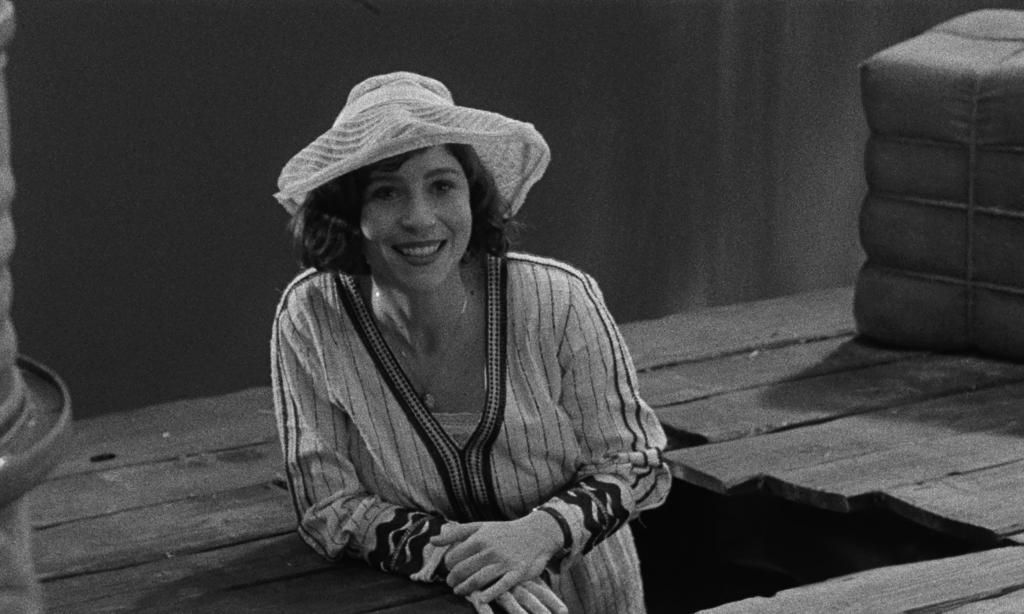
For Miguel Gomes, a film is not an isolated work of art. “ A film does not exist by itself. It comes to life when it provokes a reaction in the viewer. It only really comes alive when people ask questions about it. » This means that the viewer is free to interpret the film in their own way, without Gomes trying to direct this reading. “ Viewers can watch the film however they want, think what they want and do with it what they want. Fortunately, I don’t have to get involved. »
His previous works already addressed colonial themes, but without ever turning into political analyzes or moral lessons. “ I hate movies that scream in my ears. Mainstream cinema, in particular, tends to authoritarianly impose what I should think or feel. It’s unbearable. » He is very attached to his creative freedom and considers himself lucky. “ It is a great privilege to work in a country without a real film industry,” he smiled. The Portuguese film market is so small that no one expects a movie to make money. So there is less pressure on the need to make a mainstream film. We don’t have to work with stars or make too many compromises. I don’t know if this situation is good or bad for Portugal, but it suits me: I have the freedom to experiment. » The road to new adventures and new journeys is therefore wide open.

